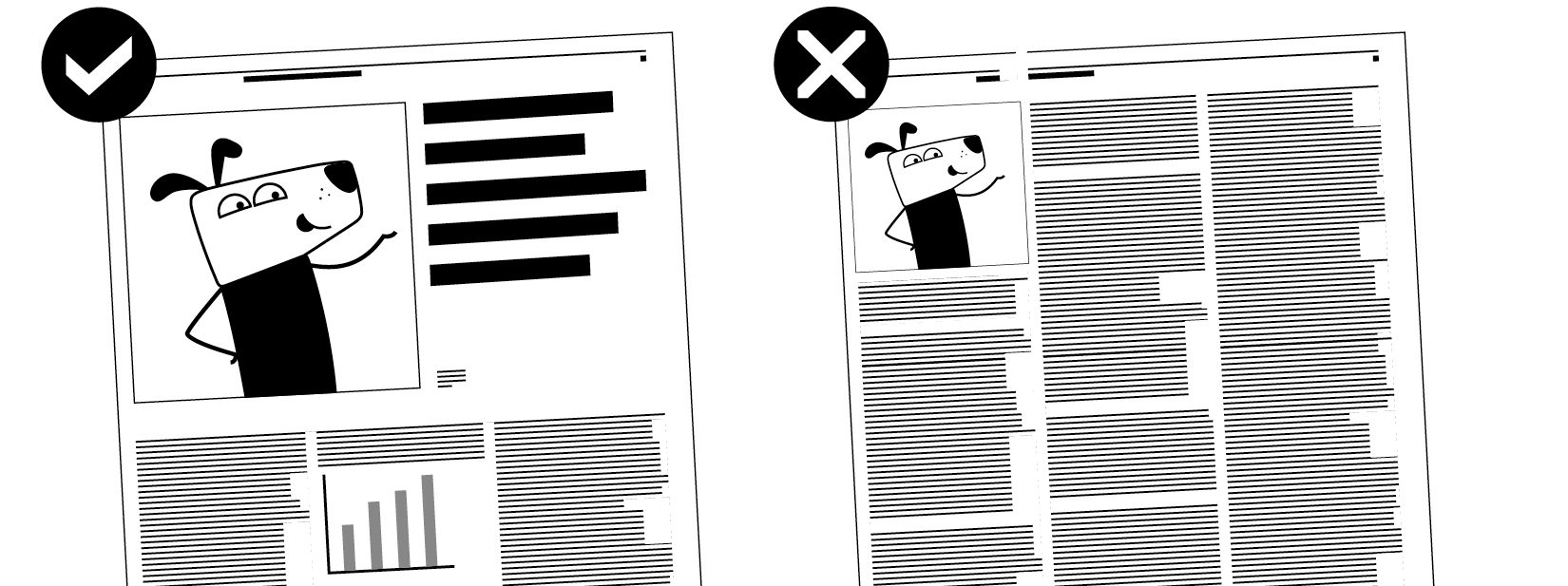
First, some unqualified good news – the new s172(1) requirement has inspired some truly excellent reporting. The majority discuss Board decisions and engagement in meaningful depth, and the content typically feels like far more than just a box-ticking exercise.
Perhaps the most significant development this year is that TCFD and climate change disclosures have become markedly more common. That said, many reporters would still benefit by shifting their focus away from the long list of traditional sustainability subjects, and towards more granular coverage of environmental impact and climate change mitigation. We expect this trend to accelerate, given new regulations in this area.

We’re also glad to see that the 2018 edition of the Code has led to improved governance reporting, often with a greater focus on Board engagement with employees. Company purpose and culture is also now mentioned far more often, and discussed in more depth. The best connect purpose and culture to governance in a meaningful way, and make it as tangible as possible.
Of course, new requirements mean that the length of some key sections are creeping back up – chiefly Chairman’s statements and governance sections. Many March year-end reporters are also offering more on risk, viability and going concern as a response to COVID-19-related disruption.

More pages aren’t necessarily a bad thing, however – in this era of small and declining print runs, some reporters’ focus on reducing or maintaining page counts can result in very dense, reader-unfriendly layouts. We recommend asking Boards and senior executives to consider monitoring and limiting word counts, rather than page counts, as this is more likely to lead to a genuinely concise and effective report.
In 2020, marketplace reporting is now done very well almost across the board, with most offering insight into their responses to key trends, and it’s now common to see a strong connection made between marketplace and strategy reporting.
Even so, relatively few reporters are doing an outstanding job on strategy discussion, and many offer considerably less than investors would prefer. Real insight and depth remains relatively hard to come by, even among the upper echelons of the FTSE 100. Business model descriptions, too, often lag behind in quality when compared with the rest of the report.
Sensibly, a few years on from the introduction of the Non-Financial Information Statement, a majority of reporters now adopt the FRC-endorsed tabular format, although many continue to cross-refer to material outside of the annual report, which isn’t ideal for readers.
Looking ahead, although we’ve had a ‘year off’ from significant regulatory change, responding to the TCFD is now mandatory for premium listed UK companies from years ending on or after 31 December 2021, and many reporters will choose to comply early. The FRC also recently recommended that companies include relevant SASB (Sustainability Accounting Standards Board) measures alongside their TCFD responses, in lieu of an environmental equivalent to the IFRS standard.
This is clearly a change for the better that goes beyond reporting, and will spur companies to focus on how they can make a real difference to the trajectory of this looming crisis.
We believe that in 2021, meaningfully weaving commercial and sustainability narratives together will be more important than ever before; reporters who can pull it off will win the trust they need to keep investors and stakeholders on board, far into the future.